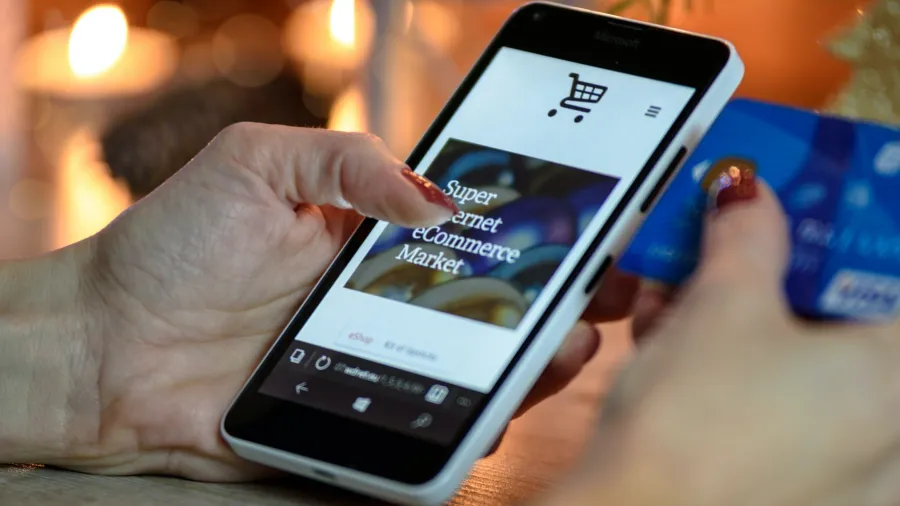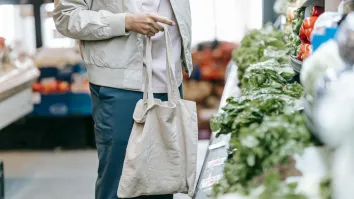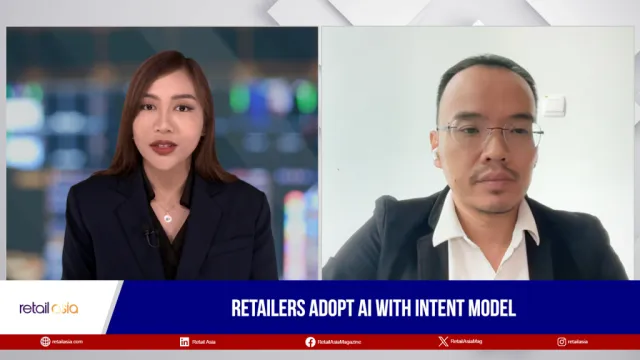
Singapore B2C e-commerce exports to reach S$3.5b in 2026
This if MSMEs accelerate the use of e-commerce for their export sales.
Business-to-consumer (B2C) annual e-commerce exports value in Singapore is expected to reach S$3.5b in 2026 should the micro, small, and medium-sized enterprises (MSMEs) speed up adoption of e-commerce to sell abroad, according to a report by Amazon.
Amazon said the B2C e-commerce exports in Singapore was estimated at $1.4b in 2021, but is expected to grow 5% per year to reach S$1.7b in 2026.
“However, if MSMEs accelerate their use of e-commerce to export, this value is projected to increase more than two-fold and reach S$3.5 billion in 2026,” it said, citing the findings of its Local Sellers, Global Consumers: Capturing Singapore’s e-commerce export opportunity’ report.
MSMEs are estimated to account for 45% of Singapore’s B2C e-commerce exports value in 2021.
Amazon said MSMEs in Singapore are seeing greater sales growth prospect overseas at 35% than locally at 13%, with Malaysia, China, Australia, Indonesia and Thailand seen as the top five e-commerce export markets by 2026.
A total of 24% of small business in Singapore engage in B2C e-commerce, with more than 90% of which use it for export. About nine (87%) in 10 of MSMEs agreed that e-commerce is vital for their capability to export, whilst 35% of those surveyed that export via e-commerce had more than half of their annual e-commerce sales generated from overseas.
Challenges
MSMEs in Singapore are facing difficulties in selling overseas particularly due to barriers in cost, regulation, and information and capabilities, Amazon said.
About four in five (81%) MSMEs cited high cross-border shipping costs as a major barrier in their exports, according to the study. It also said that three in ten (32%) admitted that they will find further support from the government “valuable,” despite Singapore offering robust range of grants to support local businesses in their exportation.
Meanwhile, about four in five (78%) of MSMEs cited the lack of clarity in import regulations as a challenge in their selling abroad, whilst 19% said that the advisory support on importing regulations is “sufficient.”
About seven (72%) in 10 of MSMEs they lack the ability to compete with other sellers globally and 71% were unsure of demands and preferences of foreign consumers.
Over 300 MSMEs from Singapore participated in the survey.

















 Advertise
Advertise







